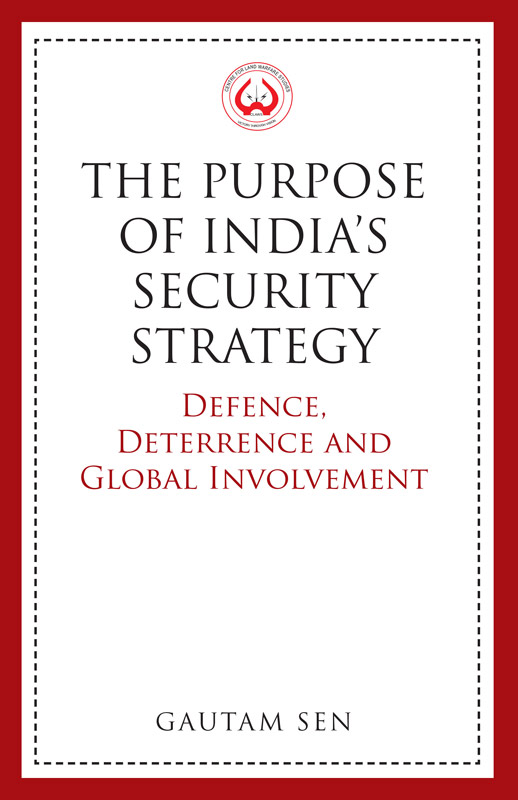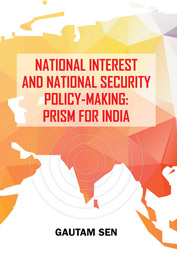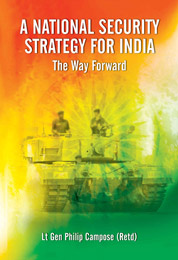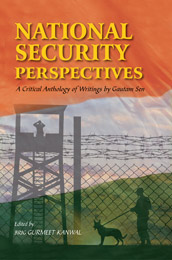Subjects
The Purpose of India’s Security Strategy: Defence, Deterrence and Global Involvement
Gautam Sen
India is still a young nation state with an amazing legacy of civilisational and cultural consciousness. The long history of the freedom movement produced enviable political leaders and activists, with profound ethical and moral norms. The venerable Mahatma Gandhi epitomised the moral values and instilled the same amongst his followers – from Sardar Patel to Nehru. Nehru had an abhorrence for maintaining or modernising a military force, was suspicious about any form of military leadership and despite his experience of the role of the military in safeguarding Kashmir, he considered national security to be solvable by the application of diplomacy. Having faced innumerable military defeats during the last millennia, the Indian leadership was predisposed to believe that non-violent struggle against the British had achieved independence for India. This relegation of the strategic dimensions of security cost India dear when confronted by the Chinese. The 1962 War shattered Nehru, his idealism, world views and cultural moorings. It also exposed the lack of any endeavour to formulate a strategic culture to safeguard India’s national interests.
This book comprises the journey of the Indian nation state and its tryst with destiny, where successive political leaderships, while governing India, contributed to a better understanding of the idea of India, its political and strategic culture, and the role that its military has had to play to develop that culture. Hence, the journey has been from the backwaters of ‘defensive defence’ to create a credible deterrence capacity as well as a doctrine to implement the same through political will and enter the domain of global involvement in the strategic, non-strategic as well as non-traditional areas of security. Thus, the title of the book The Purpose of India’s Security Strategy: Defence, Deterrence and Global Involvement. It is hoped that this book will serve as a referral document to understand the polemics of the development of a strategic culture in India for an era which will be dominated by the information age and artificial intelligence, without forgetting that the Indian political leadership has come of age to understand the role of the military in the process of nation building.


 Political Science
Political Science



